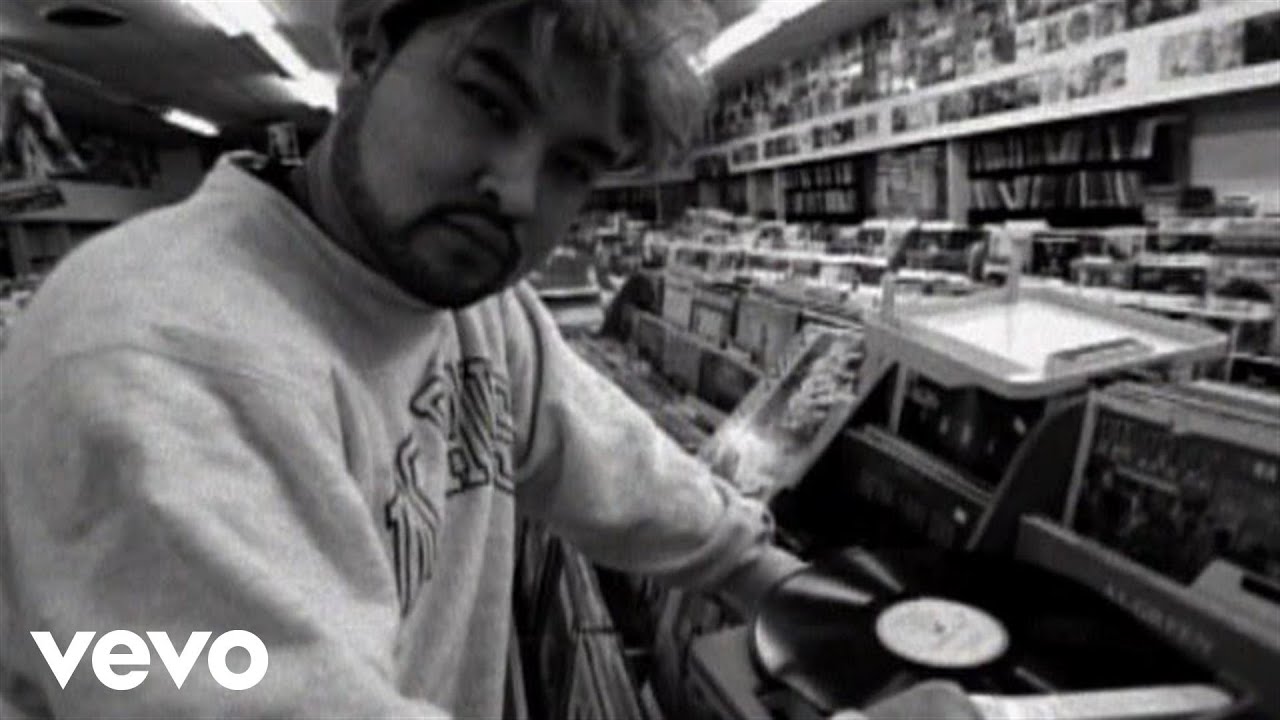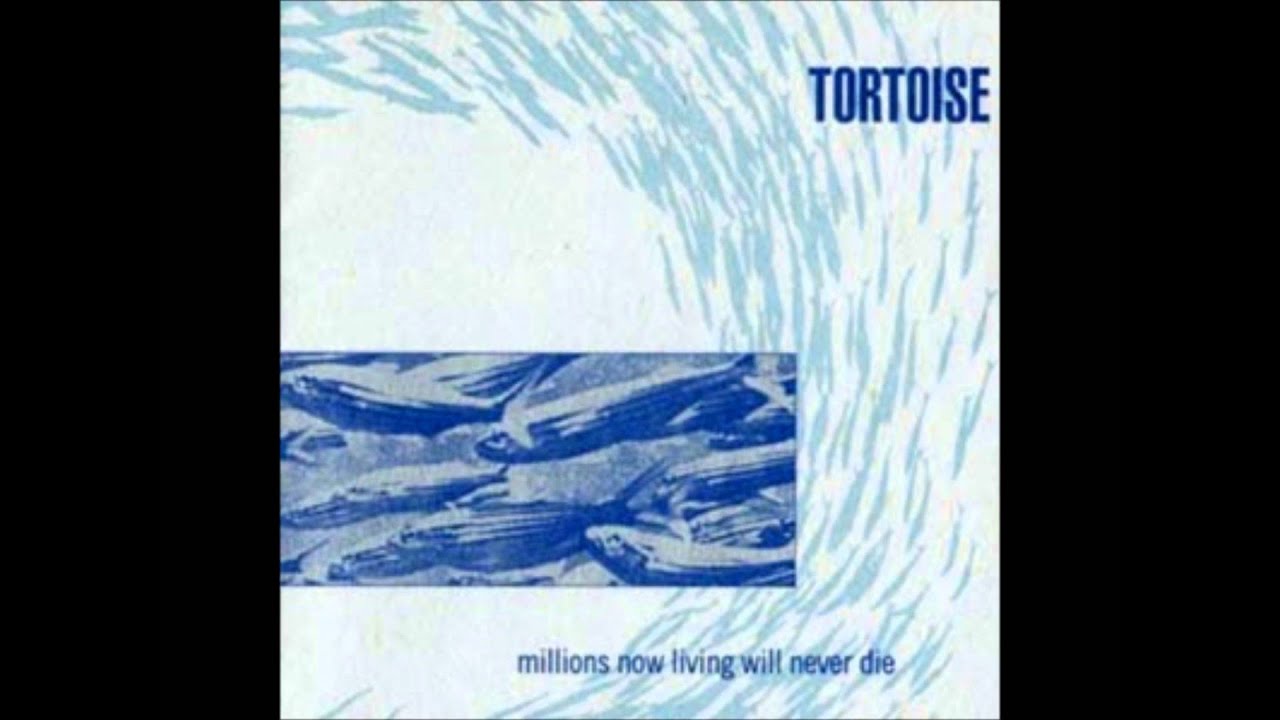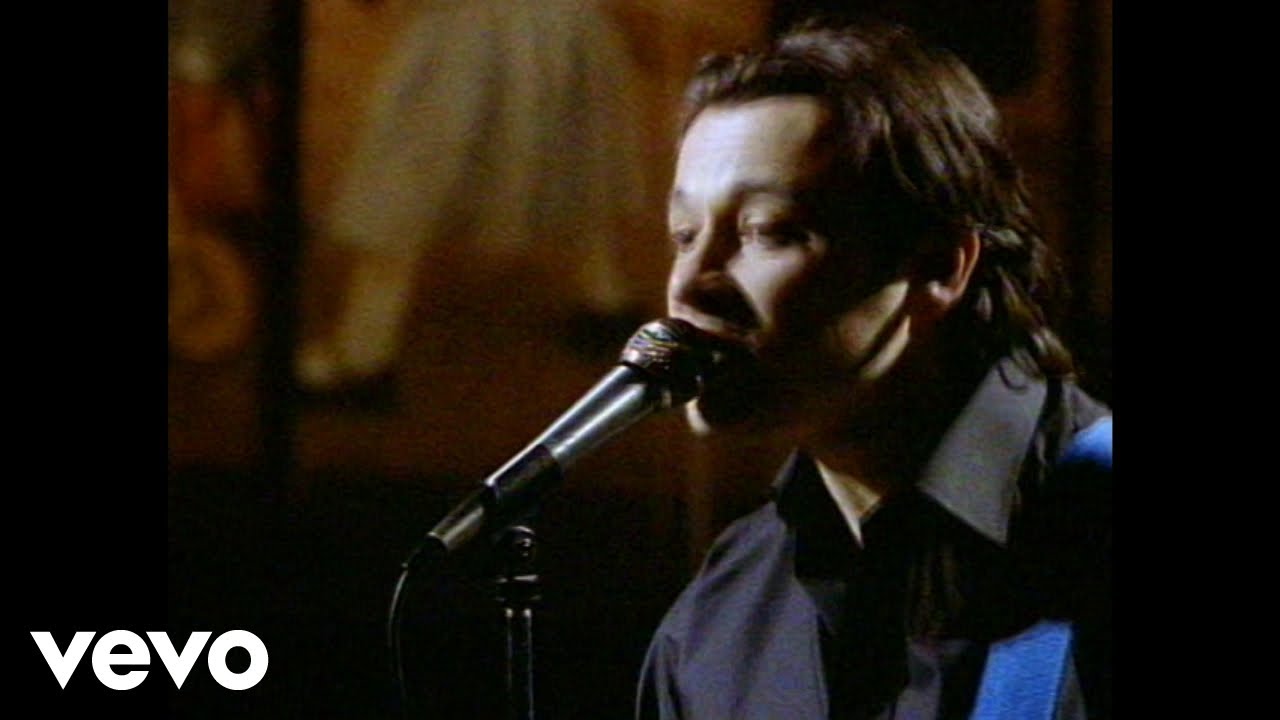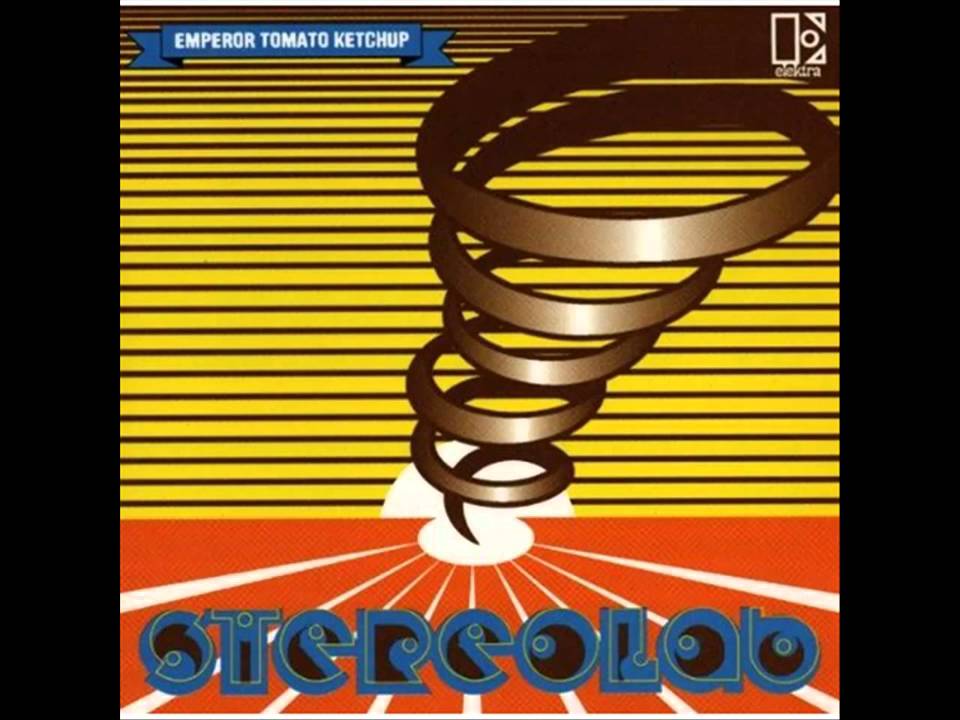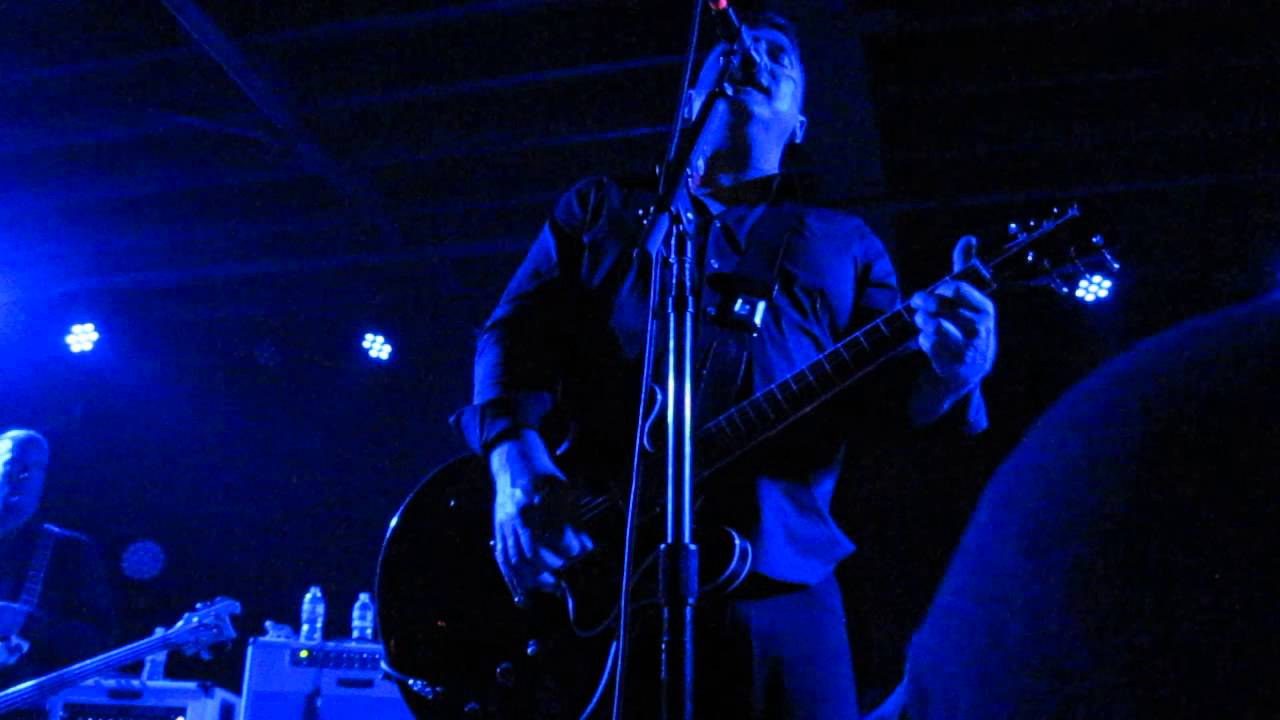“We live in troubled times,” is one of those perennial, hand-wringing refrains. And yet, in the modern era, and so long as you were living inside the protected Western bubble, the 1990s were, frankly, untroubled times; an era bookended by the collapse of the Berlin Wall and 9/11 and therefore geopolitically stress free. It was also an era in which people felt a great deal more prosperous economically then they had in the 1970s and 1980s, and certainly today.
This played out in popular culture in various ways, but largely in a sort of laddish euphoria that seemed to react against the austerity, angst and political correctness that supposedly held sway in the 1980s. From David Baddiel to Liam Gallagher to Chris Evans to the mad-for-it runaway success of Loaded magazine, there was a beery, blue sky sense of euphoria, slightly overbearing if you didn’t quite feel it yourself, like sitting next to a large, loud table of geezers in the pub. It was like Joy Division never happened.
The strange thing about this euphoric mood (which never felt far from turning sour and belligerent), was that it was retrograde, rather than forward looking. This culminated in the year 1996, which appeared to be a collective, subconscious effort to recreate the year 1966, with Oasis as The Beatles, England’s Euro ’96 team as England’s 1966 World Cup team, the PM-in-waiting Tony Blair as Harold Wilson, Chris Evans as Simon Dee, and so forth; an assertion of British pride that was hip and happening, rather than the harrumphing prerogative of retired Majors in Tunbridge Wells. It’s the year I portray in my new book 1996 And The End Of History (Repeater Books).
The title is an allusion to Francis Fukuyama’s The End Of History And The Last Man (1992), which (unfairly, perhaps) became a byword for Western hubristic triumphalism in the 1990s, and the feeling that with the collapse of the Soviet Union, socialism in general had become discredited in a new eternal dawn of capitalism and liberalism. It also, however, refers to the drawing to a close of 20th century rock and pop history. The internet was in development, about to reconfigure the entire music industry – disastrously from an economic viewpoint, many would say. However, rock and pop were in a process of evolution – eclectic, mutated, nuanced – its new scenes and happenings more diverse and avant garde than the market could bear. The domination of groups like Oasis represented a flight from this sort of fragmentation – a last chance for everyone to gather together in worship of a single group, the way it used to be in the guitar-driven 60s, and the Fab Four. Mad for it rock & roll stars right there right then, you know what I mean?
However, even as rock and pop’s narratives began to taper away, interesting eventually declining to the point where they even cancelled Top Of The Pops, the musical undercurrent of the year was one that ran against the tide of Britpop, full of diffuse pleasures which point towards the state of things today – peripheral, myriad, representing incremental and unacknowledged advances on big old favourites of pop’s heyday. You could select 20 different tracks by 20 different artists and the same point would be made . . .
DJ Shadow – ‘Midnight In A Perfect World’ (from Endtroducing)
Endtroducing is a prodigious feat of juxtaposition and ingeniously woven contrasts, from funk and frantic, makeshift drum & bass to low, cello drones; from tropical flute to heavily treated beats to abstract awnings of sound. It takes you to the darkest corners of recorded music: a sobering, arcing, plunging, juddering, awe-inspiring reminder of the vast, ignorable legacy of music in the year 1996, as well as the sheer range of its potential reference points, discovered or otherwise, way over the horizon of rock orthodoxy. In the perfect world of the 1990s, it did indeed feel like, culture-wise, we were in the midnight hour.
Tortoise – ‘Djed’ (from Millions Now Living Will Never Die)
A tsnunami of “post rock”, the phenomenon coined by Simon Reynolds to describe the wave of guitar music that followed in the wake of grunge, the final push of the rock envelope before it dissolved into avant garde commercial (if not creative) oblivion. ‘Djed’ is an exhilarating, encyclopaedic voyage backwards into unrealised futures, taking in Eno, Steve Reich, dub, IDM and the lingering vapour trails of post punk as it plots its own course. At one point, when it seems to be drifting, there is a violent intervention, as if the tape machine had begun to chew up the cassette. What follows is a musique concrète-style mash-up, courtesy of drummer/engineer John McEntire, a period of techno-turbulence, like Autechre in a tumble dryer, before the track resumes. Tortoise were alive to all kinds of possibilities in the impending millennium.
The Manic Street Preachers – ‘A Design For Life’ (from Everything Must Go
‘A Design For Life’ set the tone with which the Manics would see out the century. It was stolid musically, again in keeping with duller, post-experimental pop/rock times, its trundling chords an agricultural vehicle for a lyric that dared to assert that there was such a thing as the working class — with a history, dignity and values — despite Blairite talk of a new mobility that was getting us all past that sort of thing. It felt like the founding statement of a new band. “Libraries gave us power…” In the midst of all the mockney capering and mad Manc excess prevailing elsewhere, the Manics were no longer manic, but a Celtic anchor, a reproachful reminder in these cheery, anthemic times that it was not clever to be too postmodern — or too pissed, for that matter.
Stereolab – ‘Cybele’s Reverie’ (from Emperor Tomato Ketchup)
Stereolab were in many respects the formal opposition to Britpop, looking back to the Franco-German Europe of the Sixties and Seventies rather than the Kinks/ The Who/ The Beatles/ Roxy Music/ David Bowie axis. They sound postmodern, even kitsch at times, but Stereolab were a group who refused to go gently into the post-space age, and certainly one who opted out of the collective Nineties chant, as well as the impending digital realism.
Afghan Whigs – ‘Step Into The Light’ (from Black Love)
Afghan Whigs released Black Love in 1996, their most mature and exquisitely forlorn work to date, in which vocalist Greg Dulli continued his theme of suave self-evisceration for his fallen maleness, reaching new depths of penitence on ‘Step Into The Light’. A soul classic.
Aaliyah – ‘One In A Million’ (from One In A Million)
The Missing Girl of R&B. Written by Missy Elliot and Timbaland, released almost 20 years ago but composed of enduring R&B fabric. Her music seems so contemporary today but she didn’t even make it to 9/11. She died, aged 22, a couple of weeks earlier in August 2001 in a plane crash following a video shoot. The pilot of the small aircraft supposedly had traces of cocaine and booze in his bloodstream. So sad, such an elegant loss.
New Kingdom – ‘Unicorns Were Horses’ (from Paradise Don’t Come Cheap)
In 1996, hip hip duo New Kingdom’s career sadly ground to a close, after they had just made their finest album, Paradise Don’t Come Cheap. It was a matted tumbleweed of psychedelia and low-rider funk grinding beats, overlaid with gnarly raps laced with sci-fi and gritted obscure shit. New Kingdom sounded like no one else, and that was their problem; mainstream hip hop was only rolling in one direction and had no time for renegades.
Porter Ricks – ‘Port Gentil’ (from Biokinetics)
Along with Rhythm & Sound and Wolfgang Voigt’s Gas, Porter Ricks, aka Thomas Köner and Andy Mellwig were laying down a railroad to the early 21st century, which would be heavy inflected by dub, techno and Germanic minimalism.
Babybird – ‘Goodnight’ (from Ugly Beautiful)
In 1996, Stephen Jones, aka Babybird, signed to Echo Records, having come to fame belatedly, following the cumulative release of songs home-recorded and stockpiled since 1985, whose flat bladed wit and resilient beauty spoke volumes about love and life, against an English backdrop of sweet wrappers, bus shelters and high rise flats. He released the perfectly titled Ugly Beautiful in 1996, which contained more fully realised versions of some of his demo tracks. It beggared belief that it took Jones so long to find favour with a record-buying public who had a strong predilection for individual strains of kitchen-sink pop, ranging from Morrissey to Jarvis Cocker. But just as quickly as Jones found success, he returned to obscurity, unable to secure a permanent berth in the nation’s affections.
2Pac – ‘California Love’ (from All Eyez On Me)
I was dismayed in many ways by what had happened to hip hop by 1996, having been a fan of the first generation stuff. Dre’s plastic beats, as over-valued as his subsequent headphones, dominated in lieu of the samples of old, curtailed due to litigation. Public Enemy’s pro-black political agenda had been abruptly abandoned in favour of a fantasy in which the white establishment didn’t have to be countered because white people simply didn’t exist in this video/lyrical world. But listening to this, assisted by the equally ill-fated Roger Troutman and you understood why nothing rolled quite like hip hop at its best in the mid-90s.
Telstar Ponies – ‘Shizuka’ (from Voices From The New Music)
Strange to think that David Keenan, just before he joined Telstar Ponies, had been a member of 18 Wheeler who appeared alongside Oasis, at King Tut’s Wah-Wah Hut in 1993, the night they were offered a record deal by Creation. They would take the low and high roads thereafter. Keenan’s Telstar Ponies, explored some of the more dank, intriguing regions of neo-psychedelia, Krautrock and folk, before he went on to found the label/shop Volcanic Tongue.
The Aloof – ‘Abuse’ (from Sinking)
Everybody getting wasted in 1996; only The Aloof had the honesty to talk about it. Those hammering, sequencer arcs are just the the thing to beat your head down during a hangover. Far too little was hard from The Aloof after their debut album Sinking, although, bizarrely, Radio 1 chose their instrumental piece ‘Last Stand’ to play every 30 minutes for several hours following the death of Princess Diana.
Underworld – ‘Born Slippy .NUXX’
The brilliant Underworld really had their cake and ate it with ‘Born Slippy’. A track whose popularity was boosted by its inclusion on the Trainspotting soundtrack; despite its utterly grim and brutal subject matter, the film was somehow grist to the Brit-hubristic mood of 1996, sold as one in the eye for Hollywood. The “lager, lager lager/mega mega white thing” chant, meanwhile, nailed the beery, white lads together tendency of the time, while being taken up as one of the year’s mass anthems.
Tricky – ‘Makes Me Wanna Die’ (from Pre-Millennium Tension)
Taken from his album Pre-Millennium Tension, whose sentiment runs counter to the entire thesis of my book, this spare, minimal, quietly seething track epitomes what trip hop could mean, rather than the opulent, lazy trope it became; ‘Makes Me Wanna Die’ is a music of decay, concussion, uncertainty.
Boards Of Canada – ‘Boc Maxima’ (from Boc Maxima)
An early sign of distress, this was the title track to Scottish duo Boards Of Canada’s limited edition CD and cassette debut album. With their wavering, grainy synth tones, they harked back to half-remembered soundtracks to Public Information films of childhood days, their electronic fabric deliberately weathered. They seemed to hint that the best electronic music to come would not be so much about the future but the lost futures of yesterday.
Pram – ‘Silver Nitrate’ (from Music For Your Movies)
Pram were the sort of clear-eyed, clever, low-key, neo-post-punk indie collective who abided as if the 1990s had never happened; brilliant, customised second hand improvisors on a continuum somewhere between The Raincoats and Broadcast. Music For Your Movies EP on Duophonic; its avant-kitsch chimes reminded of imaginary Sixties Europop but also drew unabashedly on collectives like Can and Faust, applying their principles the way future generations were intended to – the fertility of the Krautrock era resounding down the decades, recycling, resowing, foraging over a vast range of terrain. They eschewed the big, epic, hazy neo-psychedelic Brit-nostalgia of their own era and duly paid the commercial price.
Lambchop – ‘Life’s Little Tragedy’ (from How I Quit Smoking)
Nashville’s Lambchop provided one of 1996’s highlights with the wise, warm, deceptively gentle and beautifully wrought album How I Quit Smoking. They were engaged on a journey that would help release country from its pariah status in the eyes of many, highlight the literary qualities of the genre and its huge share in the American soul. Led by Kurt Wagner, the group would blaze an unassuming trail through a variety of genres along the way, including soul and jazz, with which country had a long unsung kinship, even venturing to the shores of post-rock.
Super Furry Animals – ‘The Man Don’t Give A Fuck’
In February 1996, the ultimately brilliant Super Furry Animals released their first single, ‘Hometown Unicorn’. It was made Single Of The Week in the NME by guest reviewers Pulp. At first hearing it seems to be a vehicle for all the Britpop tropes, reminiscent of The Small Faces and The Kinks via Blur, all polo necks and tupperware Sixties harmonies. Perhaps their most notorious moment of 1996, however, was ‘The Man Don’t Give A Fuck’, released in December of that year, its centrepiece a sample from Steely Dan’s “Showbiz Kids”. It was a point of pride among fans that the word “fuck” was used some 50 times in the song, and it managed to reach number 22 in the charts despite zero airplay.
Disco Inferno – ‘Technicolour’ (from Technicolour)
This was the sort of altogether brilliant, bitterly beautiful guitar rock slowly being eclipsed; its drive and inventions and serrated resentment supplanted by the glibber, retrospective, blue sky thinking of Britpop. Technicolour was Disco Inferno’s last album.
Oasis – ‘Wonderwall’ (from (What’s The Story) Morning Glory)
Thank goodness ONE thing was happening in 1996. Thank God for Maine Road. Otherwise it would have been a wasteland.


